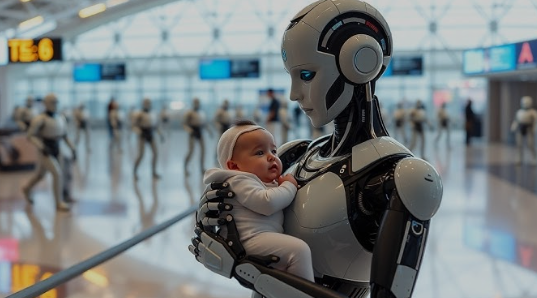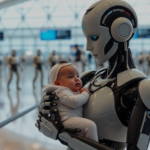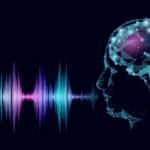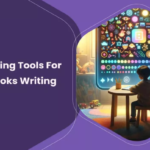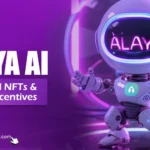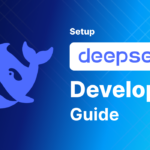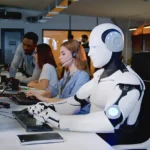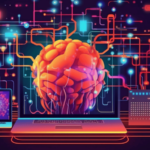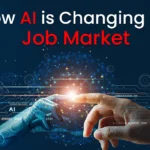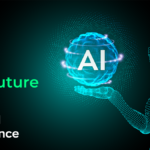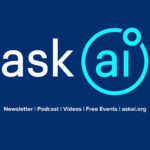A seismic shift in artificial intelligence is poised to redefine every facet of human life. From healthcare to climate change, a groundbreaking AI advancement—combining artificial general intelligence (AGI), quantum computing, and self-evolving neural networks—is unlocking unprecedented possibilities. This article unpacks the implications, opportunities, and ethical debates surrounding this leap forward.
What is This AI Breakthrough?
The breakthrough centers on three pillars:
- AGI Development: Moving beyond narrow AI, AGI can learn, adapt, and perform tasks across domains with human-like reasoning.
- Quantum AI: Quantum computing accelerates AI processing, solving complex problems in seconds that once took decades.
- Self-Improving Algorithms: Neural networks that iteratively enhance their architecture, reducing human intervention.
Industries Transformed by AI

1. Healthcare: Precision Medicine Revolution
- Personalized Treatments: AI analyzes genetic data to tailor therapies for diseases like cancer.
- Drug Discovery: Cutting development timelines from years to months (e.g., recent breakthroughs in Alzheimer’s drug design).
2. Climate Action: AI-Powered Sustainability
- Energy Optimization: AI grids manage renewable sources, slashing waste.
- Climate Modeling: Predicting disasters with 95% accuracy, aiding preemptive action.
3. Education: Hyper-Personalized Learning
- AI tutors adapt curricula to individual learning styles, bridging global education gaps.
4. Manufacturing: Smart Factories
- Autonomous systems predict maintenance needs, boosting efficiency by 40%.
Case Studies: AI in Action
- COVID-19 Vaccine Acceleration: AI models identified viable vaccine candidates in weeks, not years.
- Ocean Cleanup: AI drones detect plastic waste clusters, improving cleanup efficiency by 70%.
Challenges & Ethical Considerations
- Job Displacement: Up to 20% of jobs may shift by 2030, necessitating reskilling initiatives.
- Bias & Privacy: Ensuring algorithms are trained on diverse data to prevent discrimination.
- Regulation: Global frameworks like the EU’s AI Act aim to balance innovation and safety.
FAQs: Your AI Questions Answered
Q1: Which industries will AI impact most?
A: Healthcare, finance, education, and energy will see the earliest and deepest transformations.
Q2: Will AI replace human jobs?
A: While automation may displace roles, it will also create new fields in AI ethics, quantum programming, and data analysis.
Q3: How can we ensure ethical AI use?
A: Transparent algorithms, inclusive data sets, and international regulations are critical.
Q4: Is AGI safe?
A: Researchers advocate for “alignment” strategies to ensure AGI goals align with human values.
Conclusion: Embracing the AI Future
This AI breakthrough isn’t just a technological leap—it’s a call to rethink ethics, policy, and collaboration. By harnessing its potential responsibly, we can tackle humanity’s greatest challenges. Stay informed, stay adaptable, and join the conversation shaping our AI-driven world.
External Links:
Internal Links:
